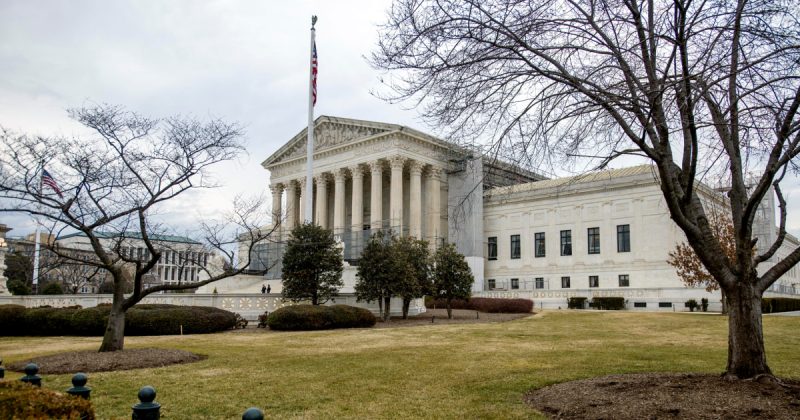
In a unanimous decision, the Supreme Court sided with victims of terrorism, upholding a 2019 Congressional law that allows lawsuits against Palestinian entities in US courts. This ruling effectively overturns a previous decision by the 2nd US Circuit Court of Appeals, which had denied jurisdiction in these cases. The justices found that the law, known as the Promoting Security and Justice for Victims of Terrorism Act, does not violate the due process rights of the Palestine Liberation Organization (PLO) and the Palestinian Authority.
Chief Justice John Roberts, writing for the court, emphasized that Congress reasonably considered sensitive foreign policy matters when crafting the legislation. The court’s determination that the law aligns with the Due Process Clause marks a significant victory for the plaintiffs. The case is notable for Congressional intervention in ongoing litigation, a step taken after the appeals court’s decision to dismiss the claims.
Several lawsuits, filed under the Anti-Terrorism Act, were at the heart of this Supreme Court case. These included the case of Ari Fuld, an American citizen killed in a terrorist attack in the West Bank in 2018. His family, along with other plaintiffs who had previously won a $655 million judgment (later overturned), are now able to pursue their claims in US courts. The central legal question revolved around whether the Palestinian entities had implicitly “consented” to US court jurisdiction.
The 2019 law established two conditions for such consent: payment by the defendants to a terrorist convicted of or killed while committing a terrorist act, and the organization’s conduct of any activity within the US within 15 days of the law’s enactment. The Supreme Court’s decision clarifies the legal standing of these lawsuits and opens the door for victims of terrorism to seek redress in American courts against the PLO and the Palestinian Authority.
This ruling is likely to have significant implications for future litigation involving terrorism and international actors. It underscores the power of Congress to shape legal avenues for addressing acts of terrorism and the Supreme Court’s affirmation of the process used in this instance. The decision also highlights the ongoing complexities of navigating legal proceedings involving international relations and the rights of victims of terrorism.










